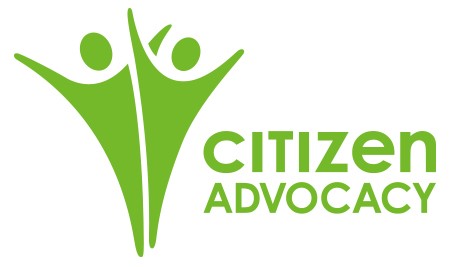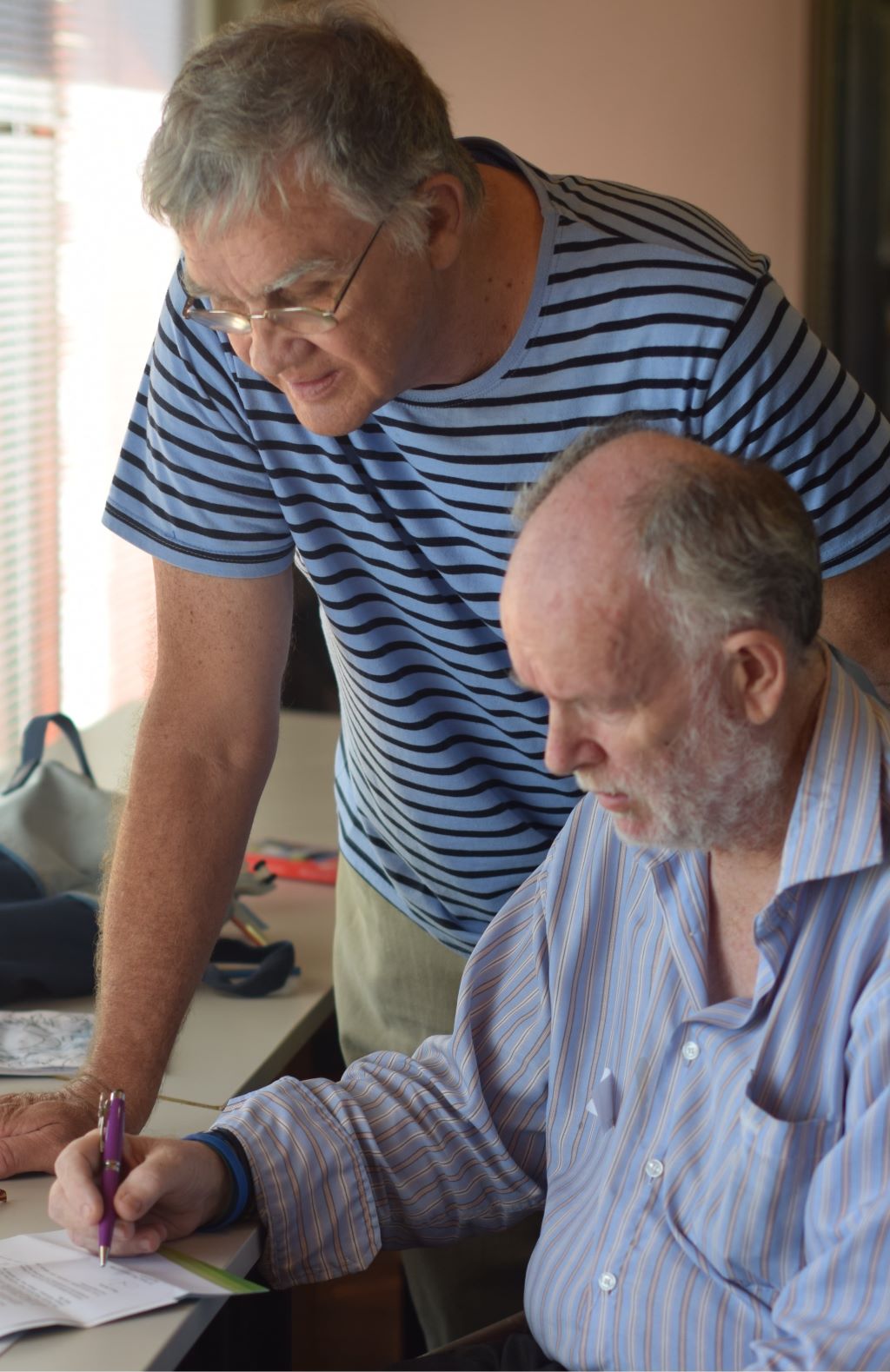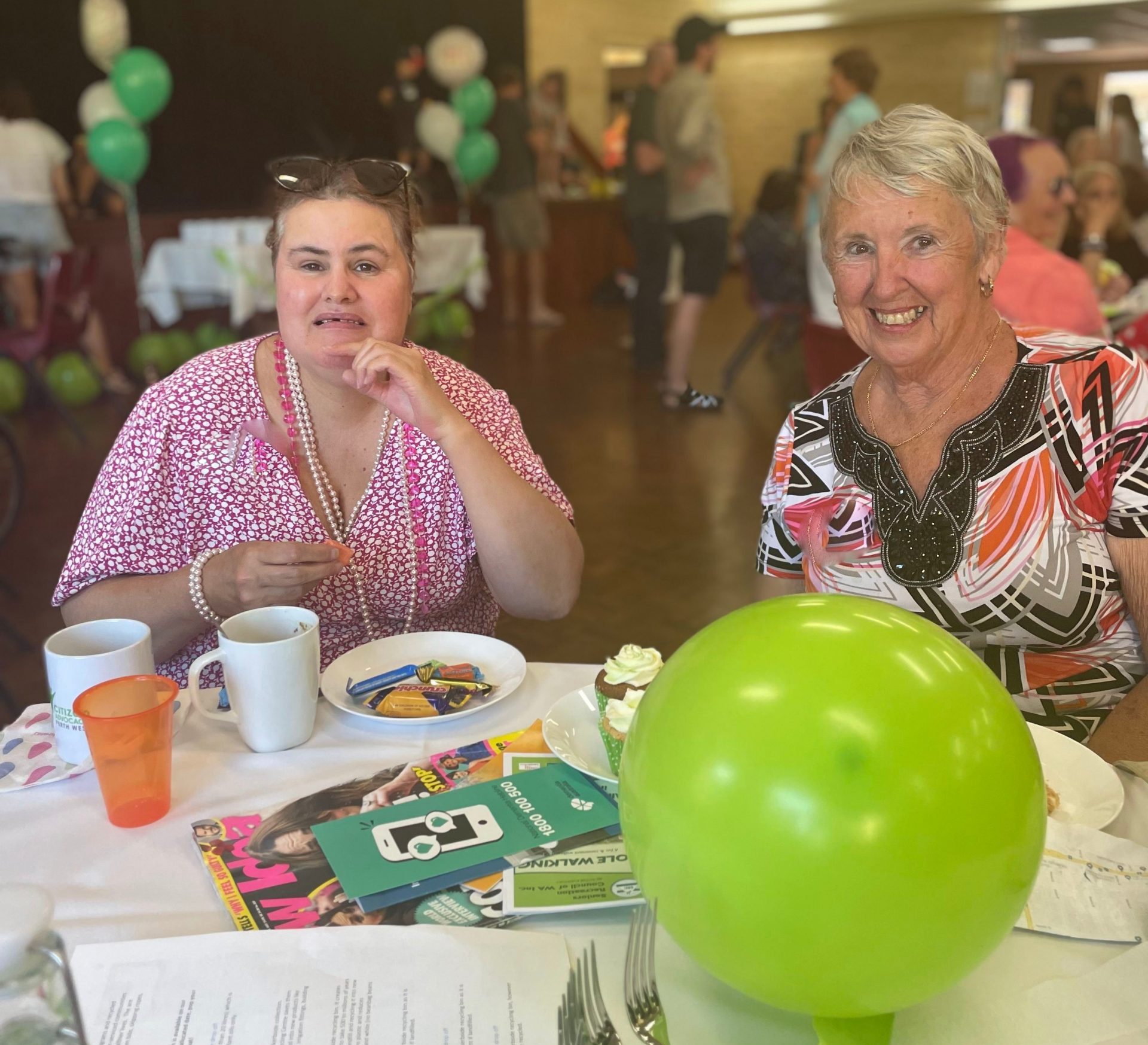Citizen Advocacy is committed to promoting equality and justice for people with intellectual disability.
The coordination team seek out vulnerable people in the community with little family connection or social support. This group of people can be at increased risk of abuse or neglect.
We help by matching individuals with a volunteer who becomes their friend and advocate. Citizen Advocates are caring community members with a strong sense of social justice.
We conduct a thorough process to determine if someone is eligible for our program and then we start searching for a suitable match. We consider things like gender, age, location, hobbies, and interests when matching two people together.
An advocate can help someone by:
- Becoming a friend and confidante
- Assisting them to identify and reach their goals
- Connecting them to their local community
- Encouraging them speak up about any worries or concerns
- Empowering them to make their own decisions and choices in life


